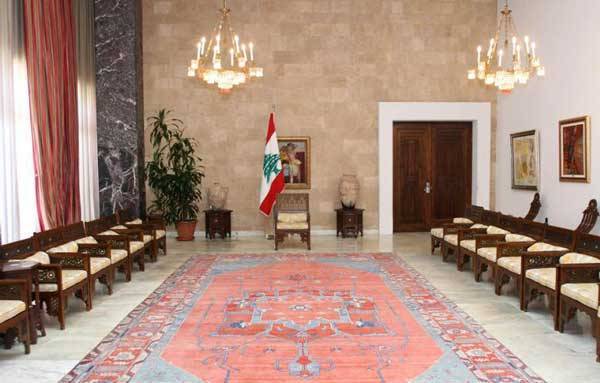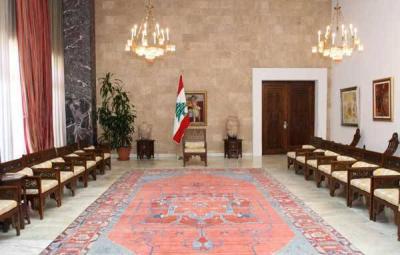President Michel Aoun shared with the designated Prime Minister Najib Mikati a call to the Lebanese people, in their Eid al-Adha greeting messages, for sacrifice in order to overcome crises. Mikati mentioned in his message that the holiday requires all of us to face the current phase with national solidarity and efforts to stop the ongoing collapse. For his part, President Aoun, on the same occasion, urged to draw lessons from the meaning of sacrifice, stating: "It would be wonderful if some would sacrifice their interests and egos for the benefit of their country and the well-being of their people."
However, the reality shows that the Lebanese citizen is, in the political sense, at the forefront of the victims of the authority's performance, which has destroyed or nearly destroyed all the components and values of the Lebanese people since Aoun's term began. Government files, including consultations and disputes, have been postponed until after the Eid holiday, with politicians choosing to spend a few days abroad, away from the political and living turmoil. Stagnation prevails; the general strike of government employees continues, as do the judges, and queues have returned in front of bakeries and bread ovens, and moving between fuel distribution stations and banks. These queues have reinforced the concept of national unity in Lebanon, making the rights of sects equal in waiting and fraying nerves while standing in line.
In light of the deteriorating political reality, it is unlikely that the period following the Eid holiday will be better than what it was before concerning government and living conditions, due to what the Lebanese Forces consider the Free Patriotic Movement leader Gibran Bassil's attempt to impose guardianship over the government formation, contrary to the constitution and what is reasonable and acceptable, both for the designated prime minister and for those who nominated him for the premiership.
The governmental deadlock has turned the focus toward the presidential election, as President Aoun's term enters the countdown to his exit from the presidential palace at midnight on October 31. A study by researcher Mohamed Shamseddine at the International Information Center indicates that out of Aoun's 2074 days in office, 677 days passed without governments, which is about two years out of his six-year term, equating to 32% of the term's duration.




